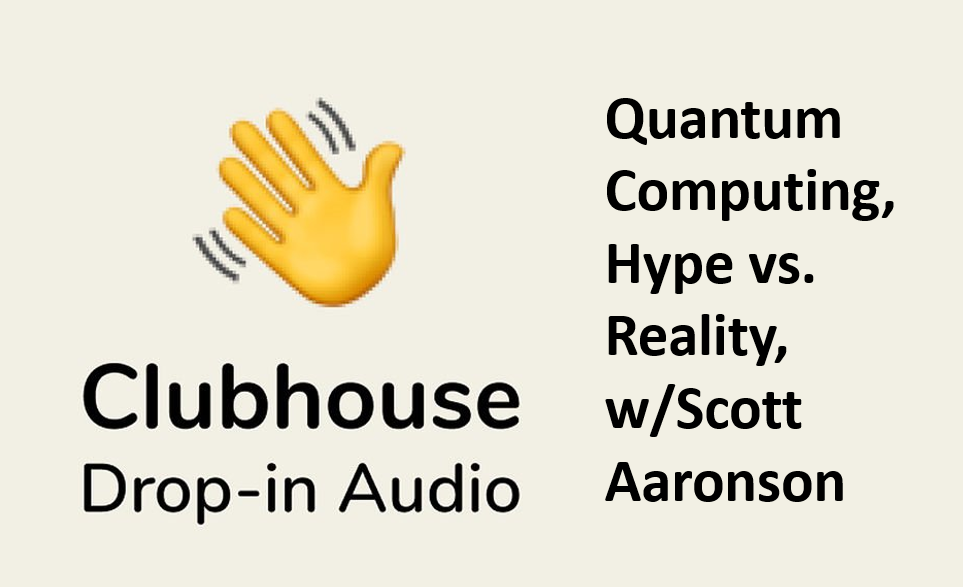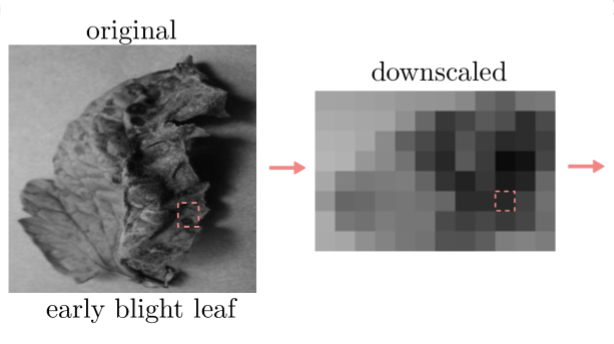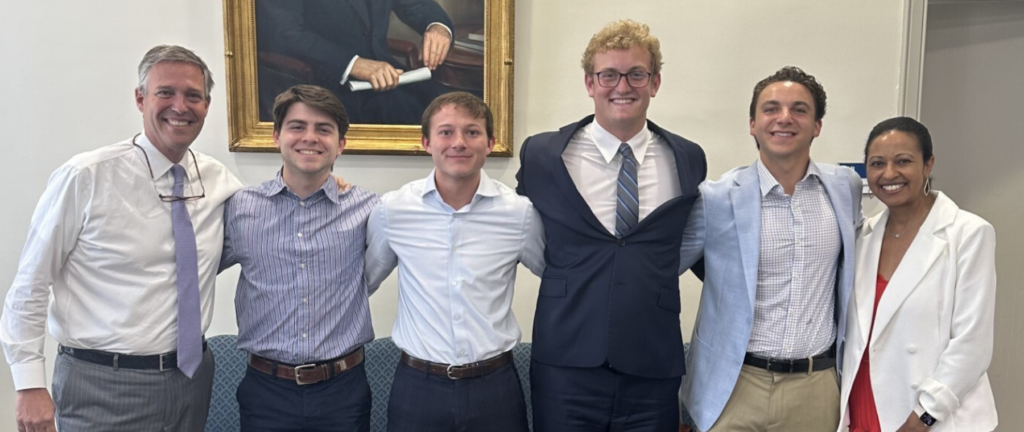
In a blog post earlier this week, Scott Aaronson (Professor of Computer Science at UT Austin) laid out his concerns around hype in quantum computing.
These days, I really do feel like quantum computing research has become an ethical minefield—but not for any of the reasons mentioned previously. What’s new is that millions of dollars are now potentially available to quantum computing researchers, along with equity, stock options, and whatever else causes “ka-ching” sound effects and bulging eyes with dollar signs. And in many cases, to have a shot at such riches, all an expert needs to do is profess optimism that quantum computing will have revolutionary, world-changing applications and have them soon. Or at least, not object too strongly when others say that.
Aaronson is known for his incisive commentary on the quantum space and this, like many of his posts, created quite a stir in the quantum community. What made this particularly interesting was that it sparked a debate on Clubhouse, the “drop-in audio chat” app. He was joined by a number of well-known names in the quantum industry such as Michael Nielsen, names from the AI community such as Lex Fridman, as well as over 500 listeners.
We wont attempt to summarise the whole debate but we thought it would be interesting for those who missed it to pick out a few of the key considerations.

Money redirecting science
Aaronson’s primary concern appeared to be that certain companies are making claims that are not reasonable. This has two negative effects. Firstly, he worries that companies are making false promises to investors and secondly, that the flow of capital is pushing research into areas that are not necessarily the areas they would be directed if we took a purely scientific approach. The latter really became the focus of the conversation with Aaronson noting that this has led to issues such as researchers finding it hard to get grants for more fundamental research or into classical theoretical computer science.
Aaronson acknowledged this was not unique to quantum (having seen a similar trend in molecular biology and AI) however he flagged that there are particular aspects of QC which makes it particularly susceptible. He noted that the word quantum has become something cool that “you shouldn’t expect to understand”. He reinforced that QC takes a lot of time to explain because it is “based on aspects of physics remote from ordinary experience” and that you need at least 15 minutes to have a go at explaining it properly.
Useful quantum algorithms
Much of the discussion focussed in on the usefulness of existing quantum algorithms. He is particularly frustrated that some companies are using experimental evidence to justify bold claims. Aaronson has spent over 20 years working in quantum research and recognises that it is easy for researchers to get excited about a “quantum” algorithm, only to find later that you can “de-quantize” it once it is studied in more detail. This risk of quantum researchers deluding themselves, when combined with significant monetary incentives to deliver ambitious results for companies backed by venture capitalists is something that concerns Aaronson greatly.
Yet there were experts in the audience who took a slightly different view. Joe Fitzsimons, CEO of Horizon Quantum Computing, was sympathetic to Aaronson’s concerns but saw that this is a natural dance between the academic communities and business: “When people set ambitious goals there are a lot of detractors in the academic community from other experimental groups…if you fail at the goal you will harm funding for others”. Fitzsimons left academia to set up Horizon in 2018 and has since built a team that are focussed on building software to improve the implementation of quantum algorithms.
Misleading investors
The discussion was mostly skewed to academics, however there was a very balanced debate around the role of private capital in the space. Aaronson acknowledged that significant funding will be required to build a quantum computer: “If you want a build a scalable quantum computer you probably need $1bn. If we want this to be real we cannot be afraid of money getting involved.” There was little controversy with the principle that Venture Capitalists are wise to hype and the overpromise of start-ups looking for capital. It appears Aaronson’s concern was catalysed with the recent entry of quantum technology companies on to public markets, where retail investors can start to get involved: “With IPOs it’s not just seasoned VCs being sold on the promise of QC”. The timing is particularly salient, with the announcement of IonQ effectively gaining a public listing through its acquisition by DMY Technology Group III (a Special Purpose Acquisition Company or SPAC for short).
Hype and science communication
Lex Fridman, a noted AI researcher and podcaster who has interviewed the likes of Scott Aaronson and Elon Musk (among many others) in the past, asked whether we can get comfortable with hype as long as academic research and science communication stay relatively close together. Aaronson, being a prolific science communicator himself, recognizes the importance of communicating about quantum appropriately but noted that when he reads certain pitch decks and articles there are simply wild claims – where QCs will be used to cure cancer and solve global warming. He noted that there is a “whole lot of missing steps” before any of these could be true.
A healthy debate
We joined expecting a relatively heated debate given the context we find ourselves in. Global governments have put aside over $20 billion for investment in quantum technologies and private investment into quantum technology companies was close to $1 billion in 2020 according to The Quantum Insider. What we saw was a healthy debate between a community of quantum technologists, science writers and founders highly cognizant of the risks of hype, but also mindful that it is a topic which should be approached with care. Joe Fitzsimons summarised as follows shortly after the event:
If you found this article to be informative, you can explore more current quantum news here, exclusives, interviews, and podcasts.
At this point I think it is entirely possible for reasonable well informed people to come to different conclusions about the future outlook for the field.
— Joe Fitzsimons (@jfitzsimons) March 23, 2021



















